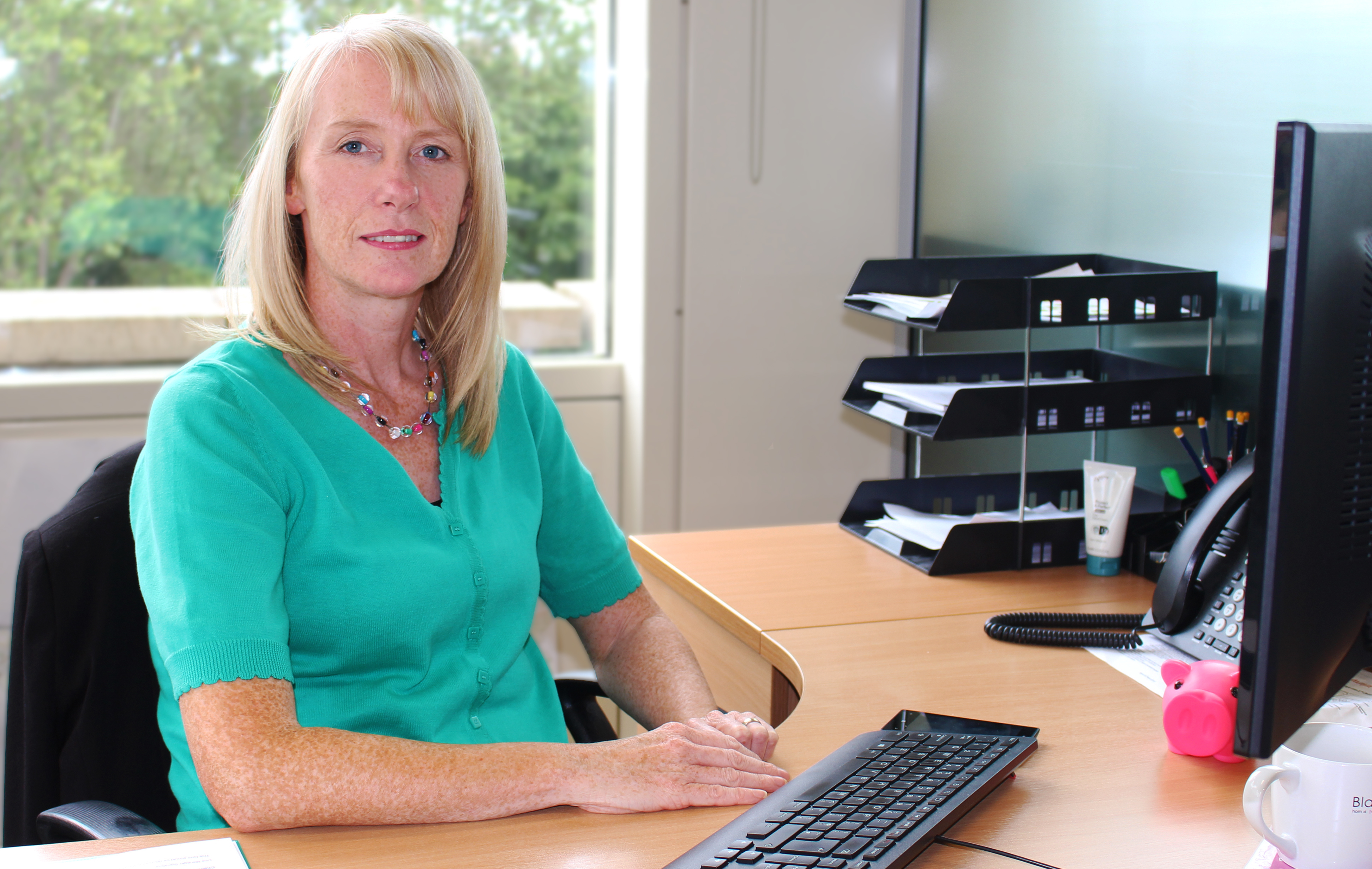Angela Currie: Housing associations need more support to meet development challenges

Angela Currie
Hanover Scotland has plans to develop new homes and upgrade its existing stock but, in this challenging financial climate, Angela Currie says more support will be required to help the goal be achieved.
Like many organisations, Hanover Scotland has recently launched a new strategy that sets out our vision for the next five years, capturing the learning from the pandemic and attempting to address the many challenges that social landlords in Scotland face.
As the largest specialist social housing provider in Scotland our services are primarily aimed at older people and our mission is simple. Have happy customers, provide desirable homes and be a resilient organisation with the ultimate goal of keeping older people at home, being independent and living a great life. Easy to say but we are in a period of new challenges that are hard to predict in terms of impact and mitigation.
In terms of our desirable homes objective, we face the greatest challenge. Covid impacted our programmes to update and modernise our homes and day-to-day repairs were delayed at points. The ageing nature of our stock means that the level of investment needed in the next 10 years is significant and while we can accelerate our programme it is hard to deliver it on the ground, with inflation and Brexit creating labour and material shortages or projects that simply cost too much and don’t represent good value for our tenants.
In addition to these challenges, we have the newer challenge of making our homes meet new energy efficiency and sustainability standards on the journey to being net zero by 2045. The housing sector must reduce its overall carbon footprint given it is one of the biggest contributors, but must focus on supporting the most vulnerable tenants to manage high heating bills and avoid fuel poverty.
Hanover is considering how we adopt a fabric-first approach but we are also assessing how technology around new heating systems will work post-2025 when we can no longer fit gas boilers to our properties. Many of our properties are in flatted developments where the effectiveness of ground and air source heat pumps for communal heating systems is not fully understood. We fitted a few biomass communal boilers some years ago which have proved to be effective but the cost of the pellets has also rocketed.
Building new homes is a carbon-intensive process but modern methods of construction will help the sector reduce the impact. Dealing with our older properties is another level of challenge. Homes that are now 30 and 40 years old will exercise our creativity and our financial ability to invest in the level of work that is required to meet new energy efficiency standards while keeping rent affordable – an almost impossible challenge without financial support from government.
The Scottish Government recently issued their response to the Zero Emissions Social Housing Taskforce Report which confirms a commitment to work with the sector to achieve decarbonisation. The Scottish Government has committed to extending the Social Housing Net Zero Heat Fund until 2026 and increased the value of support to £200 million to further accelerate the decarbonisation of Scotland’s social housing stock. With 23% of the housing stock in Scotland being socially rented, that equates to around 608,000 homes so will go a long way to helping to replace heating systems. However, with the size and cost of the challenge we are facing, it is hard to see how that can be met without even more support.
- Angela Currie is chief executive at Hanover Scotland








